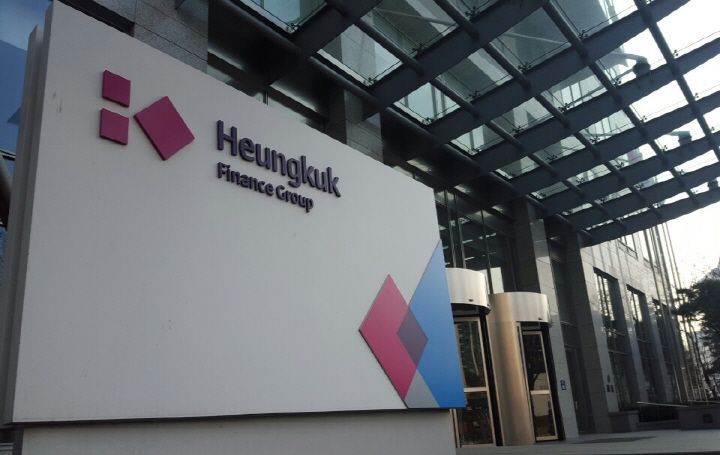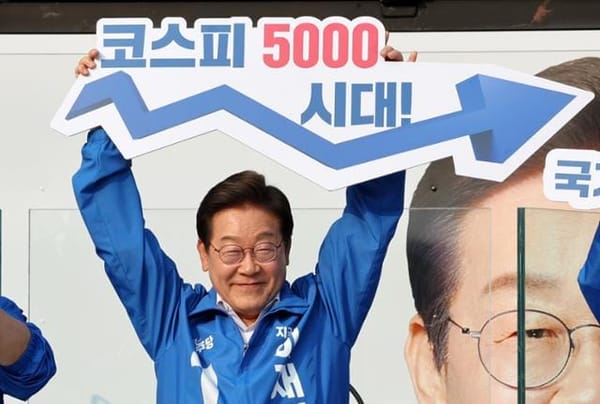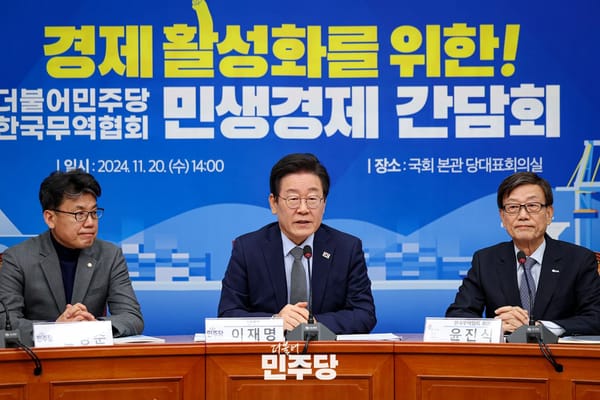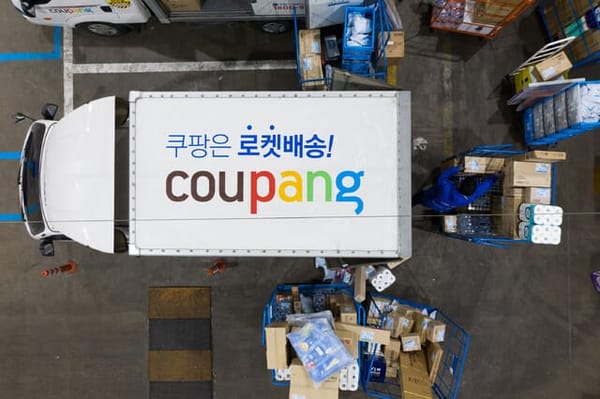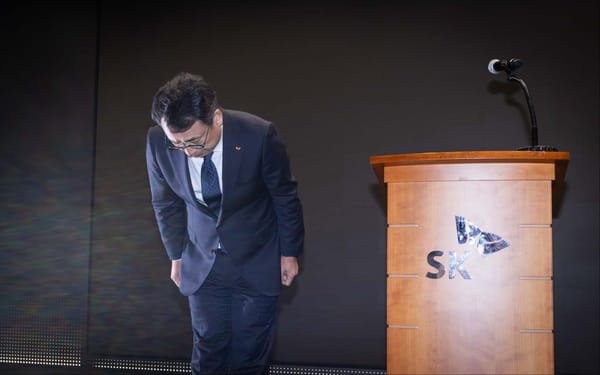South Korea’s credit crunch, sparked off by Gangwon-do Province governor Kim Jin-tae 김진태 강원도 지사’s decision to default on the provincial government’s guarantee for the bonds financing the construction of Legoland Korea, is now being felt in the international bond market. On November 1, Heungkuk Life Insurance Co. 흥국생명 shocked the Asian bond market by declining to exercise the call option on its dollar-denominated 30-year bond worth USD 500m - the first time a South Korean bond issuer has done so since the 2009 global financial crisis.
South Korean issuers of long-term bonds such as Heungkuk Life almost always exercise the call option to buy back bonds before their maturity date, usually in five to ten years. Failure to exercise the call option usually compels the issuer to pay a significantly greater amount of interest. A non-call usually causes the value of a bond to drop, as it is seen as a sign that the bond is not a safe investment. This is what happened to Heungkuk Life’s bonds: while a long-term bond usually trades at a price close to its face value when the time approaches for a call option, the value of Heungkuk Life’s bond dropped to USD 79.982 apiece for a USD 100 bond after the company announced its non-call.
Heungkuk’s non-call also dragged down the value of other bonds issued by Asian and South Korean companies. A perpetual bond by Hong Kong-based AIA Group, Asia’s largest insurance company, fell by 6.7 cents on the dollar in the wake of Heungkuk’s non-call. Similar bonds issued by Hong Kong’s Bank of East Asia, South Korea’s Kyobo Life Insurance Co. 교보생명 and Woori Bank 우리은행 also faced price crashes.
The hit on dollar-denominated bonds issued by South Korean companies means South Korean companies will find it increasingly difficult to secure capital in the world’s reserve currency, pushing the country toward a national-level credit crisis. The credit default swap (CDS) premium for South Korea, an indicator for a nationwide credit event (such as moratorium, restructuring or other failures to pay the debt) jumped to 75.61 basis points, its highest level since February 2016.
As the shock rippled through the international bond market, Heungkuk Life abruptly changed course on November 7, saying it would exercise the call option after all by November 9. Heungkuk would secure funding by borrowing from South Korea’s major banks and insurance companies. Reportedly, the Financial Supervisory Service 금융감독원 exerted significant pressure on Heungkuk to buy back the shares via call option.


